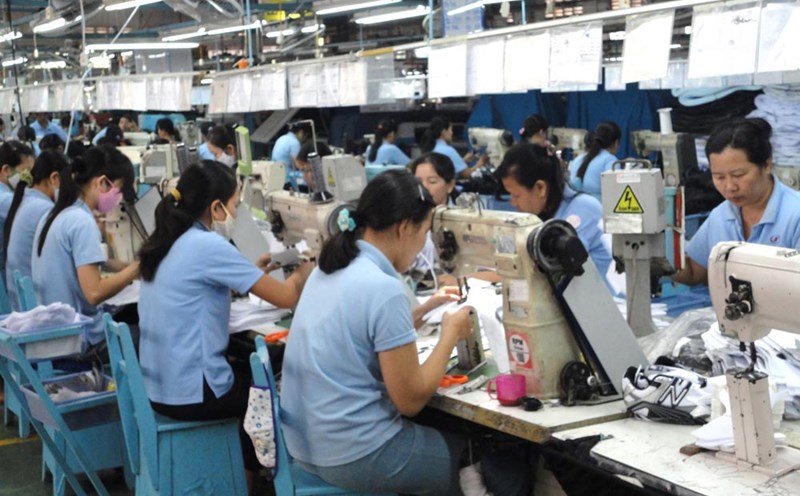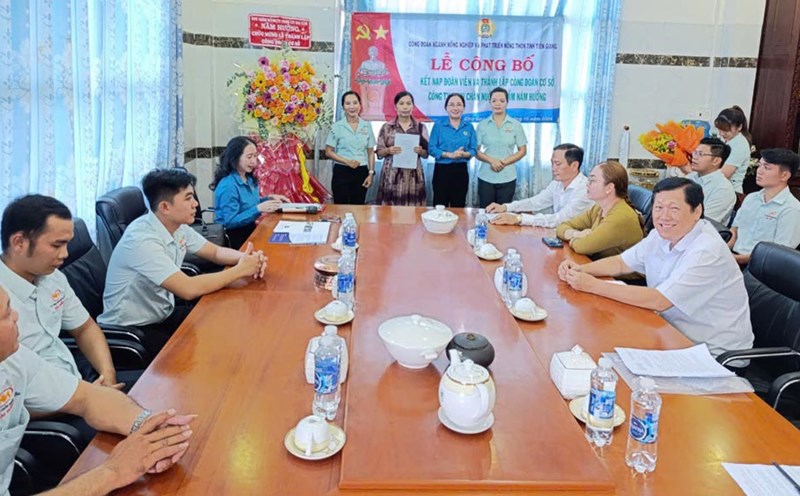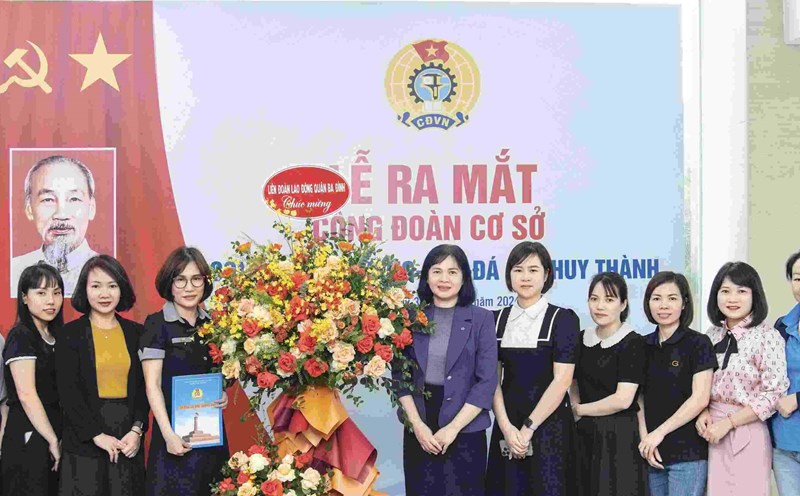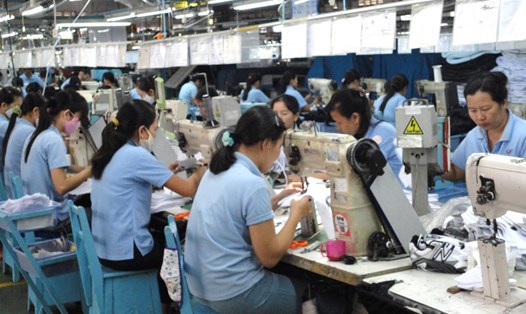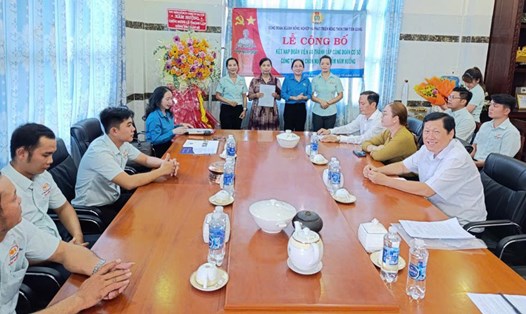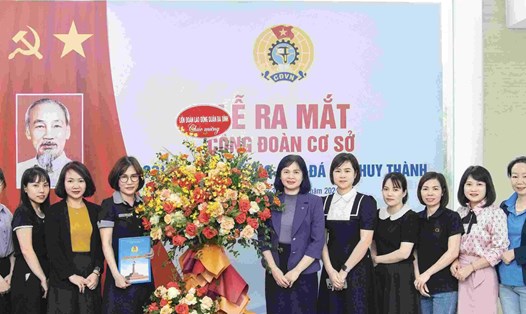Firstly, a large number of workers have left the southern provinces to "migrate back" to the central provinces because some economic sectors are still facing difficulties after the pandemic, businesses are forced to reduce production and business scale, leading to a reduction in labor or workers' income due to lack of work.
Another reason is that now, the gap in living conditions, employment conditions, transportation, infrastructure, etc. between the "countryside" in general and the city has narrowed significantly.
So if "country people" now have jobs with incomes equivalent to urban areas, many workers will choose to "leave the city and return to the countryside" to be closer to their relatives and reduce unnecessary pressures and service costs.
This has been creating a huge pressure on local government enterprises at both the “destination” and “departure” points. In the southern provinces, many enterprises are currently finding it very difficult to recruit unskilled workers when they suddenly have new orders or re-expand their production scale. At the “destination” point, localities are struggling to solve the very difficult problem of how and what to do to create more jobs for people at this time?
Not only businesses and local authorities find it difficult, but the trade union is also worried because among the workers who have been and are "returning home", a large number are union members. This will certainly affect the goal of increasing 1 million union members, including 30,000 new union members from the informal sector in 2024 set by the Vietnam General Confederation of Labor.
However, as our ancestors often say, “there is always opportunity in danger.” For businesses in the South, this is an opportunity for them to consider automation to compensate for human resources as well as improve policies and benefits to attract and retain workers.
For the Central provinces, this is an opportunity to improve the investment environment to attract suitable and worthy businesses to create more jobs.
Local job centers must also change their methods of operation to be more effective in order to eliminate the paradox that is happening in Da Nang: There are many unemployed people, businesses need a lot of workers but cannot recruit them.
For trade unions at all levels, this is the best opportunity to continue to innovate the content and form of propaganda, approaches as well as care work to attract workers to the organization - as evidenced by the increase in the number of new union members after the establishment of the Fund to support union members, workers, civil servants, and repatriated laborers at the Thanh Hoa Provincial Federation of Labor.
The Trade Union has a very good slogan: “Where there are workers, there is a Trade Union”. When localities solve the problem of employment for “reverse migration” workers, it is inevitable that they will become or re-become union members!

